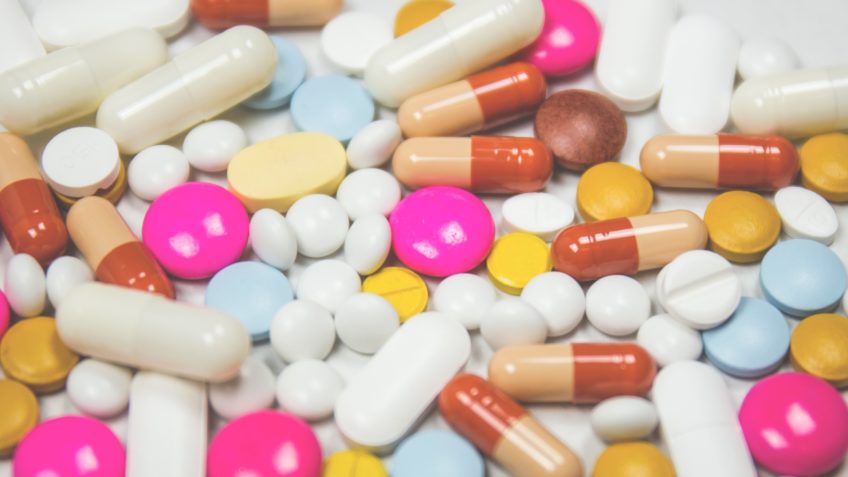
Triumph of “worse” drugs shows how artificial products are more competitive – and the danger of this for countries like ours, writes Marcelo Coelho
Gone are the days when the number of drugs could be counted on the fingers of one hand. Marijuana, cocaine, heroin, LSD? It’s too little. I read that new synthetic narcotics have appeared by the hundreds in recent years, one replacing the other as authorities try to ban their manufacture.
A first shipment of fentanyl, considered 100 times more potent than morphine, was seized in Espírito Santo. It was only thanks to a course taken just now, in 2022, that the state police learned how to identify the drug. Which is already a first step.
Last year, responding to pressure from the United States, the Mexican army dismantled around 500 laboratories that manufactured synthetic drugs. I wonder how many were left.
The wave is worrying, and not only for health authorities, for the police or for the families of teenagers, who are generally the most exposed to chemical dependency.
I imagine it is also worrying for those who grow coca, marijuana or poppies on the periphery of the world system.
Undoubtedly, one drug does not replace the other; there will always be those who mix and remix them in every possible way.
But it is easier for a young Russian, for example, to inject a dose of “crocodile” (a compound of codeine, gasoline, iodine, thinner and other products) than investing in the same amount of morphine, to obtain only 10% of the effect.
This is how the artificial product, even if “worse”may be preferred for its price, ease of access, speed of production.
It’s not something for the short term, but I think about the following. South America has always survived thanks to its natural resources and cheap, unskilled labor. We had the cycle of sugarcane, gold, coffee, and after an industrial interlude we regressed (and how!) to sugarcane, soybeans and cattle.
It is the export hub that, in general, colors the country’s political power, and the Bolsonaro government represented the ruralist predominance with which Lula, for good or ill, will have to deal.
Gold glittered in the urban and artistic concentration of baroque in Minas Gerais; the ox bellows nowadays in country music.
Developed countries, meanwhile, first got rid of the burden of directly administering colonial institutions. Afterwards, they spent the 2nd half of the 20th century importing our raw materials and agricultural products, enduring oil shocks and local turmoil.
Perhaps the future will see a movement in which rich countries enter a phase of “import substitution”like the one we had here in the 1930s-1970s.
Instead of oil, they look for cheap and homemade alternatives to produce energy. Instead of marijuana, or coca and poppy derivatives, they will use pure chemistry to create more practical drugs, independent of the hazards of international transport.
As for the meat, it is also produced in the laboratory. Dolly the sheep was of little use; but cloning picanha is another business, also possible.
There are those who dispute this prediction. How much a kilogram of this artificial meat would cost, what it costs to produce it, and in what quantity, all depends on infinite factors – among them, the degree of environmentalist pressure against maintaining real livestock, or the discovery of new means to reduce the impact that livestock have on global warming.
One thing is certain, however. Developed countries have an ever-increasing technological power. We continue, as we have for centuries, based on our natural resources and the solid ignorance of our population.
What part of the Brazilian elite feels intensely –everything would be better if the poor simply disappeared from the map–, I imagine is even stronger in Europe, the United States and part of Asia; they will dream of a time when the rest of the world is expendable.
Will we disappear? Hard to say, but two forces are allied in this direction: they, the developed ones, and we ourselves, the backward ones.
Source: https://www.poder360.com.br/opiniao/o-nosso-futuro-nao-sera-nem-mesmo-uma-droga/

